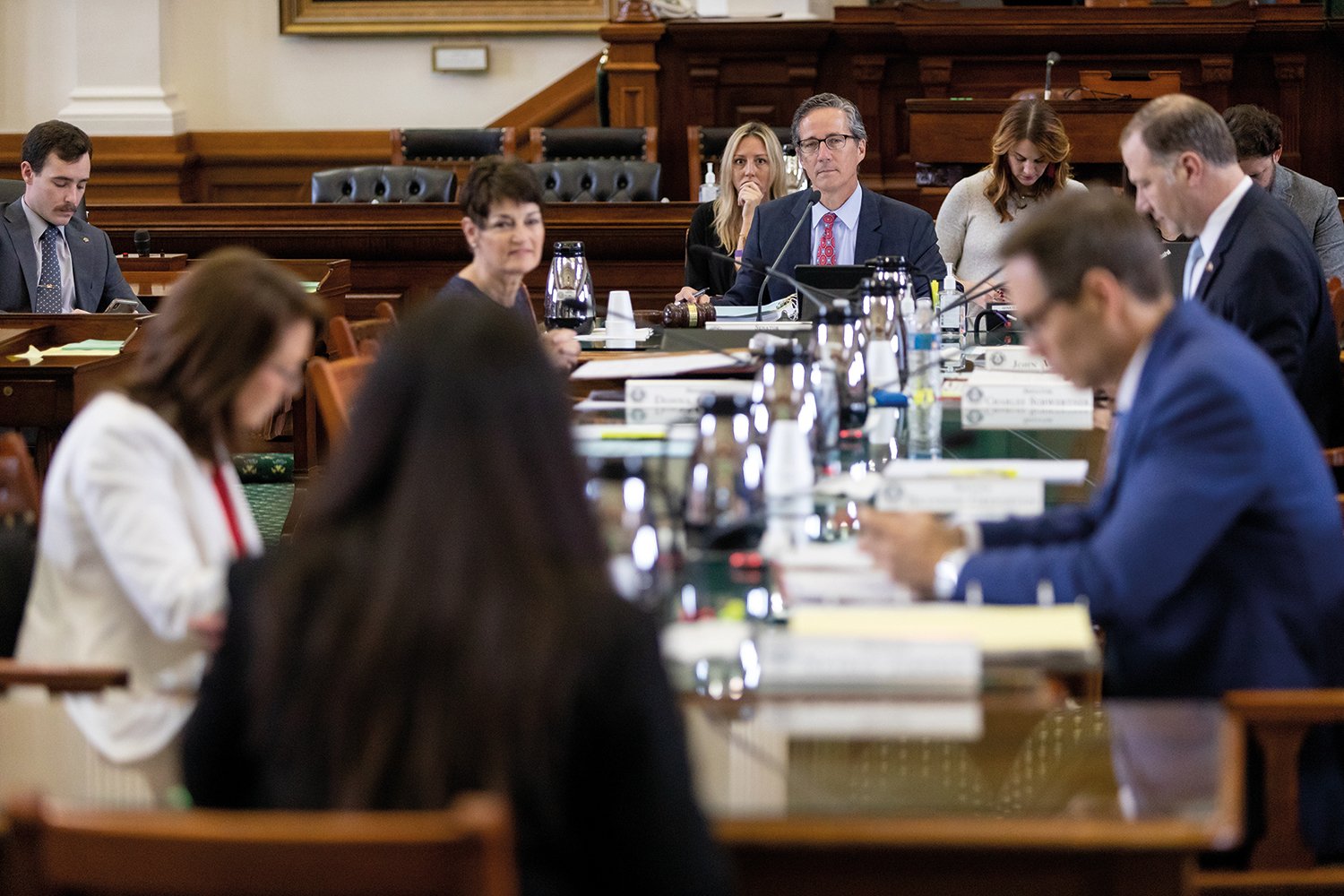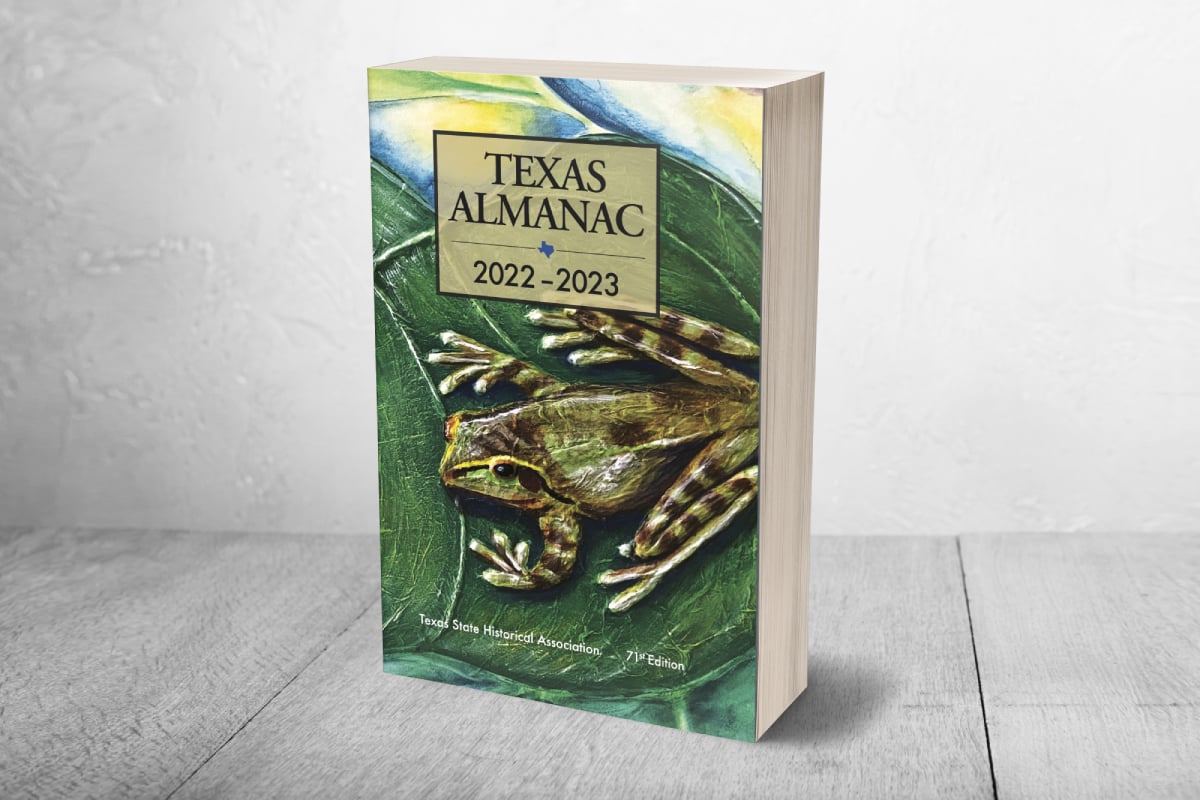By Carolyn Barta
In short, the 87th session of the Texas Legislature was unlike any other, with the regular session addressing unparalleled challenges, and the aftermath casting Texas into the national spotlight.
Lawmakers convened for the biennial five-month session on January 12, 2021, under a unique set of circumstances: in the midst of a global coronavirus pandemic that created health and economic issues, and less than a week after protesters stormed the nation’s Capitol over a disputed presidential election, raising security and political concerns. Add to that, social and racial unrest across the nation.
Then a brutal winter snowstorm in February left more than 4.8 million Texans without electricity and water for days during a power blackout, resulting in an estimated at least 200 deaths, billions of dollars in damage to homes, farmers and businesses, and the exposure of a vulnerable electrical grid and regulatory system.
The political backdrop clearly favored Republicans, who maintained majorities in both the Texas House (83 to 67) and Senate (18 to 13) and whose major voice was Gov. Greg Abbott, gearing up to run for a third four-year term in 2022.
After quickly moving to repair regulatory problems affecting the power grid, the GOP-controlled Legislature pursued a social-issue agenda that would appeal to the most conservative voters who dominated the 2020 electorate. President Donald Trump easily carried the state by 5.6 percentage points, and the Democrats’ highly touted effort to pick up nine seats to regain a Texas House majority failed miserably. Democrats’ successes were confined largely to urban county elections.
Both state chambers had Republican leaders: Lt. Gov. Dan Patrick presided again over the Senate, and Dade Phelan, a four-term Beaumont Republican, was elected speaker by House members, succeeding one-term speaker Dennis Bonnen.
Emboldened by their 2020 electoral success, Republicans pushed through permitless carry of handguns, a near-total ban on abortion, penalties for cities that cut police budgets, a proposal targeting the teaching of critical race theory and a Patrick priority to require pro sports teams with state government contracts to play the national anthem at games. Gov. Abbott called it “the most conservative session in a generation.”
The session solidified Texas’ position as a “mega-red” state and a bedrock of the conservative movement in the Republican Party, with former President Trump continuing to cast a long shadow over Texas lawmakers and the state’s electorate.
Still, it wasn’t all easy sailing for the Republicans. One of Gov. Abbott’s top priorities was a “voter integrity” bill. It would ban 24-hour and drive-through voting, bar unsolicited distribution of mail-in ballots, empower partisan poll watchers, impose uniform early-voting hours statewide and prohibit polling places from opening before 1 p.m. on Sundays, which critics said targeted Black voters who participated in “souls to the polls” voter drives on Sunday mornings.
Democrats individually walked out of the House just hours before adjournment on May 31 until a quorum of 100 (two-thirds of the 150-member body) was no longer present, thus thwarting the bill’s passage — only the fourth time in history that the quorum-busting tactic was used.
Gov. Abbott retaliated by vetoing a portion of the budget that would leave some 2,100 Capitol staffers unpaid for two years but could be reversed in a special session if legislators finished their work to his satisfaction.
Despite the pandemic and partisan tensions, lawmakers passed the only required bill — the state budget taking effect September 1, 2021. Cobbling together the $248.6 billion no-tax-increase budget proved less onerous than expected. Consumers returned to the marketplace as people were vaccinated against COVID-19 and the state began to open up, and financial forecasts improved during the session. Abbott, to the delight of his base but against some opposition, lifted mask mandates and declared the state to be reopened to 100% capacity as of March 10, 2021.
Lawmakers said the budget kept 2019 promises to better fund public schools and cut taxes, though it would spend about 5% less than the previous budget. Critics called it too lean to keep up with the state’s fast-growing needs, as some 700,000 new residents were expected over the next two years.
After the winter storm, everything took a back seat to fixing the power grid. Reforms included required weatherization and emergency communication, and a restructuring of the Energy Reliability Council of Texas (ERCOT) board of directors and the Public Utility Commission (PUC). New laws would create power outage alerts so Texans could prepare for looming blackouts, impose more control by elected officials over the ERCOT board and expand the PUC from three to five members.
Gov. Abbott declared that “everything that needed to be done was done to fix the power grid.” However, days after the session’s close, facing temperatures in the high 90s, ERCOT called on consumers to cut back on energy use to avoid summer power outages.
Media attention focused on the session’s so-called “red meat” conservative bills, including:
Abortion: The “heartbeat” bill banned abortions after a fetal heartbeat is detected, which could be as early as six weeks, before a woman might know she is pregnant.
Guns: Texans 21 and older who can legally possess a handgun would no longer need a state-issued license, a background check or pass a safety course to carry a handgun, openly or concealed. Permitless carry passed despite a 2019 mass shooting targeting Hispanics in an El Paso Walmart that killed 23 persons.
Border security: The budget included more than $1 billion for border security. After the session, Gov. Abbott declared that Texas would build the border wall that Trump began and diverted $250 million from state prisons to begin funding design and construction.
Defunding the police: A ban on defunding the police in the ten largest cities was approved, over the objection of local officials who said the state overstepped into areas of local control.
Critical race theory: Teaching “critical race theory” in public schools was restricted, which opponents feared would stifle teachers from adding context to teaching racial history, social justice and current events.
Among issues that failed:
- Expansion of health insurance coverage under the Affordable Care Act. Texas ranks No. 1 in the percent of children (12.7%) who lack health insurance. Expansion of Medicaid would have brought health insurance to around a million Texans without a tax.
- Air-conditioning in state-run jails and prisons. One in five of the state’s 100 lockups have no air-conditioning and nearly half are only partially cooled.
- Virtual education funding. Texas schools are funded largely based on in-person attendance, and a bill to fund remote instruction failed, leaving online instruction uncertain in many districts.
Other bills passed:
- Booze-to-go. Texans can buy beer and wine starting at 10 a.m. on Sundays, and Texas businesses can continue to sell alcohol to go, which was allowed during the pandemic.
- Broadband. A State Broadband Development Office will award grants, low-interest loans and other incentives to build out broadband access. Nearly a million Texans, approximately 3.4% of the state’s population, lack broadband access at home, including 90% in rural areas.
- Criminal justice/policing: Reforms in response to George Floyd’s death by Minneapolis police included banning police chokeholds and requiring police to stop colleagues from misusing deadly force.
COVID-19 affected the session in many ways, from health protocols to reduced public interaction, such as the number of Texans willing to testify in committee hearings. A bill to rein in the governor’s power to restrict business operations during a pandemic died, but the Legislature responded otherwise to COVID-19: assuring families access to nursing homes during health emergencies, providing a liability shield for businesses and protecting churches from closure by public officials.
COVID-19 also delayed U.S. Census results. Detailed population numbers needed to redraw legislative and congressional districts were unavailable in the regular session, requiring a special session in the fall.
Before that, Gov. Abbott called a 30-day special session beginning July 8, 2021, to address the failed voter bill and other issues, including an overhaul of bail-setting procedures, limiting access to school sports teams for transgender students, abortion-inducing drugs, social media censorship and border security.
Democrats again stymied passage of the voter bill when 50-plus legislators bolted the state on a chartered flight for Washington, D.C., where they lobbied for passage of federal voting legislation that would supersede state law. Several tested positive for COVID-19 while there. The exodus wasn’t expected to permanently kill the Texas “elections integrity” bill, but it put Texas at the center of a national struggle on voting rights following the disputed presidential election. Abbott promised to keep calling special sessions until the Democrats capitulated.
The fall redistricting session would include the addition of two congressional seats, reflecting population growth, to Texas’ 36-member delegation of 23 Rs, 13 Ds. New faces were assured as a result of several GOP retirements, but Republicans were poised to grow their strength, also controlling the redrawing of legislative districts required by new census numbers.
Carolyn Barta is a former political writer for The Dallas Morning News and retired journalism professor at Southern Methodist University.
This article first appeared in the Texas Almanac 2022–2023.


